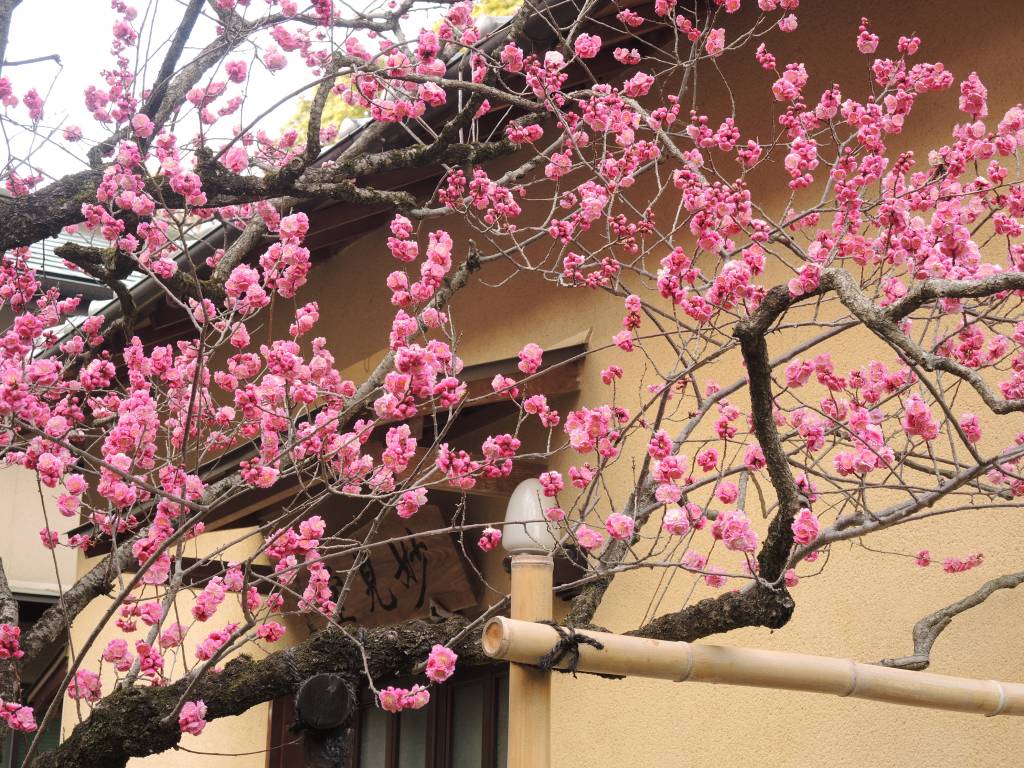This is a work commissioned by illustrator Shuroku.
The title of this digital image is Hotoke-no-Kuni (Jigoku), or “Land of the Lotus (Hell of Buddhism).”
Hell?
No, where is hell in this?
The constellation Cassiopeia is enshrined, the beautiful night sky dances,
the sun at dawn shines on the towering linden tree,
and the white lotus stands out clearly in the river even though it is discreet.
There is nothing that looks like hell.
If I dare to point out one thing that looks like hell,
it might be the woman slightly to the right of the center.
It looks like she is looking up at the sky and crying.
The name of this woman is Pata Chala.
Although she was a wealthy woman, she continued to experience tragedy.
This story is about her falling in love with her parents' servant.
It starts with them eloping.
This story varies slightly depending on where it is introduced.
I will introduce one of them.
The two who ran away from home were living happily together.
But one day, Pata Chala loses everything.
One day, she finds out she is pregnant.
Taking this opportunity, she thought about returning home.
But she couldn’t return because she gave birth on the way home.
She decides to give birth at home when she was pregnant again.
The couple tried to return to their hometown.
But a severe thunderstorm occurs on their way home.
The family took refuge in the forest.
But her husband is bitten by a poisonous snake and dies.
In deep sorrow, Pata Chala goes into labor and gives birth to her second child in the forest.
After giving birth, she decided to aim for her parents' house.
On the way, she tries to cross a river swollen by yesterday's storm.
Deciding that it would be dangerous to hold two children at once, she leaves one child at the opposite bank, then tries to go back to the shore and pass the get the other child.
But a falcon snatches the child she left behind.
Pata Chala reacts and screams.
The child on the opposite bank, who heard the voice, misunderstands that the mother is calling, goes into the river, and is swept away.
The child never came back.
Pata Chala returns to her hometown after losing two children.
She is told that her parents have died because of yesterday's thunder and flood.
She goes mad.
But she is eventually saved by encountering Buddha.
In a way, it may be a happy ending.
But she is considered the woman with the most tragic past among the Buddhist disciples.
Her career will never be told as a beautiful story.
I had someone paint the moment right after she lost her children.
As I wrote at the beginning, many beautiful things are depicted here.
But this main character will probably not be able to realize the beauty of this world.
If you look closely, Pata Chala is holding clothing for children that look very expensive.
She might have bought it for her child.
It’ll be difficult to say that the fact that she was able to buy this clothing was proof that she was happy.
She must have resented her fate.
She might have despaired that her life was continuing.
She must have cursed her choices that caused this to happen somewhere in her heart.
For Pata Chala, who was heartbroken by the work she had accumulated,
Did she see a Japanese goatsucker that became a star after loathing life in some faraway country?
Although there are varying degrees,
is it possible to conclude that everyone wants to deny their life and all the paths they have taken?
Right now, it seems that she can't hear what people are saying to her.
By the way.
at this moment, the world should be trying to tell Pata Chala many things.
Perhaps, they are trying to say something to us who see this.
For example, how about this?
No matter how my heart is now, the white lotus--the thing that will save me is unexpectedly nearby.
It's cliche, isn't it? It's commonplace. It's conventional.
However, I believe it is reassuring if the message above is really mediocre,
and it's so obvious that there's no need to say it.
That itself is encouraging.
Of course, it may be why people cannot realize the salvation that hell is hell.
It took time for Pata Chala to realize the existence of salvation.
But this woman did not lock the lid at this moment.
I believe she was always looking straight at this day.
Buddha handed Pata Chala salvation.
So, have people around the world who look like this woman found Buddha?
高槻の梅のお寺
高槻市加賀山 乾性寺
Kagasan Kenshouji


